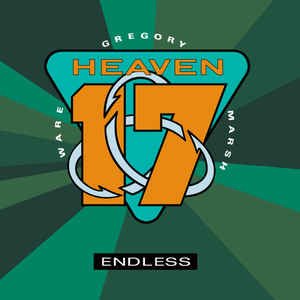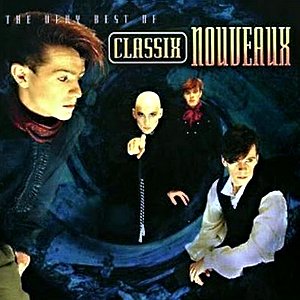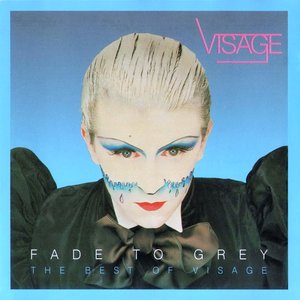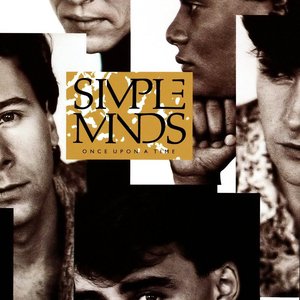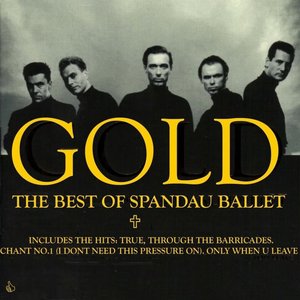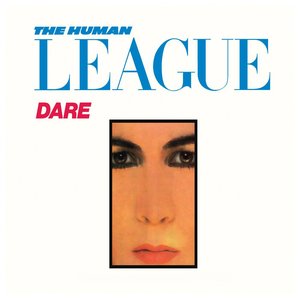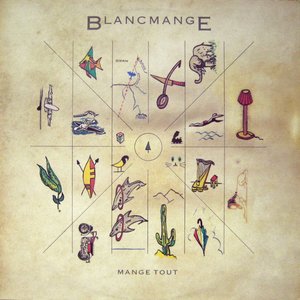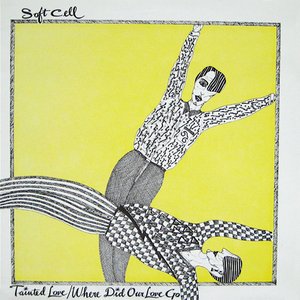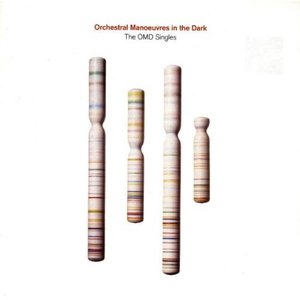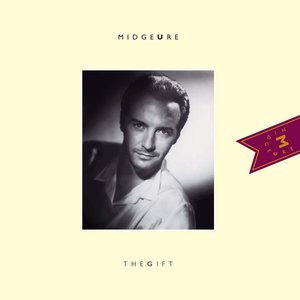Wiki
-
Release Date
11 July 1980
-
Length
9 tracks
Vienna is the fourth studio album by British new wave band Ultravox, first released on Chrysalis Records on 11 July 1980. The album was the first made by Ultravox with their best-known line-up, after Midge Ure had taken over as lead vocalist and guitarist following the departures of John Foxx and Robin Simon, and it was also the group's first release for Chrysalis. Vienna was produced by renowned German producer Conny Plank who had also produced Ultravox's previous album Systems of Romance, and mixed at Plank's studio near Cologne, Germany. In terms of sales, the album had a slow start, but the release in January 1981 of the title track as the third single from the album heralded the band's commercial breakthrough worldwide and led to healthy sales throughout 1981. Vienna peaked at number 3 in the UK Albums Chart and reached the top ten in Australia, New Zealand and several European countries.
Ultravox effectively changed pace, style and audience with the arrival of Ure, who had already participated in the formation of Visage with Ultravox's keyboard and viola player Billy Currie. Many different styles are in use on the album; "Astradyne" is a long instrumental featuring sweeping, majestic synthesizer arrangements throughout, while "Mr. X" is a simpler, much sparser Kraftwerk pastiche. The lyrics to the album's songs were mainly written by Ure and drummer Warren Cann, who also takes a rare lead vocal on "Mr. X".
Writing and rehearsing the songs for the album began in autumn 1979, shortly after Midge Ure had joined the band. Among the first tracks written were "Astradyne", "Mr. X" and "New Europeans". As opposed to the band's previous albums, the music was written collectively by the four members by throwing ideas back and forth between them and then working on the ideas and turning them into song structures. Warren Cann contributed to the lyric writing as Ure, who would later write more of the band's lyrics, was still settling in as a new member. Cann wrote the bulk of the lyrics to "Sleepwalk", "Mr. X", "Private Lives", "All Stood Still" and "New Europeans". Following a live gig in London in February 1980 Chrysalis Records had become interested in the band and gave them studio time to record some demos. The band decided to concentrate on one song and record it properly. They recorded "Sleepwalk" and was offered a contract by Chrysalis. The tracks for the album were then recorded at RAK Studios in London and later mixed in Conny Plank's studio in Germany. The song "Vienna", which had been written quickly in early 1980, was seen by the band as the musical high point of the album and the song that best represented what they wanted to do, so they decided to make it the title track of the album. However, a few test pressings of the album were made with the alternative title Torque Point on the sleeve.
Four singles were released from the album. "Sleepwalk" was released as a single in June 1980, and was followed by "Passing Strangers" in October 1980, "Vienna" in January 1981 and "All Stood Still" in May 1981. "New Europeans" was used in a Japanese television commercial and released as a single in Japan, earning a gold disc.
Album descriptions on Last.fm are editable by everyone. Feel free to contribute!
All user-contributed text on this page is available under the Creative Commons Attribution-ShareAlike License; additional terms may apply.

